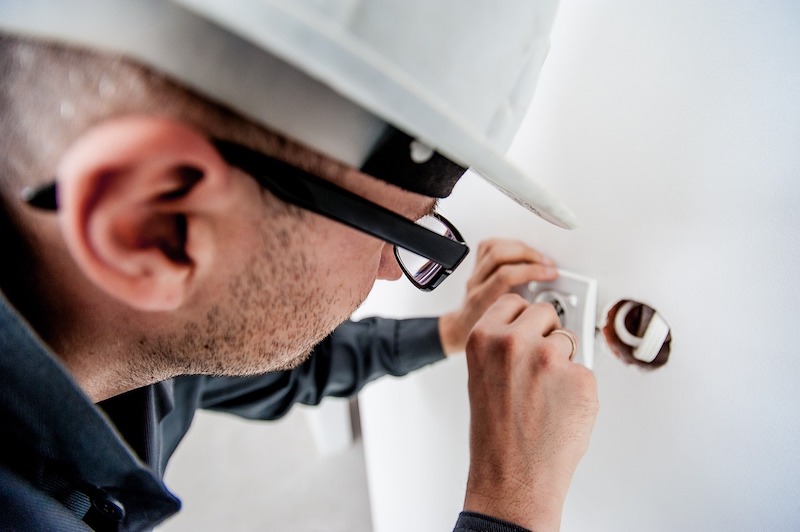A new report and infographic released by the Southwest Energy Efficiency Project (SWEEP) provides guidance for local governments on policy options and pathways to electrify new buildings.
The report, “Building Electrification: How Cities and Counties are Implementing Electrification Policies – with Adoptable Code Language,” provides insight to encourage more all-electric buildings. Such structures would eliminate natural gas and propane-fueled appliances and equipment as options.
This strategy is a way to improve energy efficiency, indoor air quality, and climate emissions in the built environment. It is a key to meeting climate and public health goals, according to a SWEEP press release.
“With the electric grid increasingly powered by renewables such as solar and wind, and with advanced technologies like heat pumps and induction stoves now widely available, most experts agree this is the quickest way to zero-carbon buildings,” the release says.
The report offers “the full spectrum of electrification policies they could adopt, along with examples of similar communities that have already gone down this path,” said Jim Meyers, SWEEP buildings program director and author of the report. “Going a step further, we’re providing code language that local governments can adopt directly into their building codes.”
Related Stories
| Jan 18, 2012
Report analyzes residential hurricane codes in 18 states
The Insurance Institute for Business & Home Safety (IBHS) released a new report analyzing residential building codes in 18 hurricane-prone coastal states along the Gulf of Mexico and the Atlantic Coast.
| Jan 18, 2012
Death in Chicago high-rise apartment fire blamed on fire code
The death of a Chicago woman who stepped off her elevator into a blazing inferno last week has underscored the need for fire sensors in elevators.
| Jan 18, 2012
California approves open cell spray foam for energy efficiency standards
The California Energy Commission (CEC) now recognizes open-cell spray foam as an accepted insulation in its 2008 Building Energy Efficiency Standards.
| Jan 5, 2012
Building to LEED standards now an 'easy call' from cost standpoint
Once seen as a cost burden, building to LEED standards is now an "easy call," according to Dan Probst, chairman of energy and sustainability for real estate management and development firm Jones Lang LaSalle.
| Jan 5, 2012
Minnesota's GreenStep Cities program aids communities in winning grants
GreenStep Cities, a Minnesota initiative, was designed to provide greater recognition to the state's communities for achievements in meeting sustainability standards and goals.
| Jan 5, 2012
Some ADA accessibility rules change in 2012
Some changes to the Americans with Disabilities Act go into effect beginning March 15, 2012.
| Jan 5, 2012
Ontario's stringent energy code has builders concerned over indoor air quality
Some Ontario builders are worried that new building code requirements with stricter energy efficiency measures could lead to poor indoor air quality.
| Jan 5, 2012
New law bars Defense Department from new LEED certifications
The Defense Department will not be allowed to use any money to certify its buildings LEED Gold or Platinum, under a law President Obama signed Dec. 31.
| Jan 5, 2012
Some ADA accessibility rules change in 2012
Some changes to the Americans with Disabilities Act go into effect beginning March 15, 2012.
| Jan 3, 2012
New SJI Rule on Steel Joists
A new rule from the Steel Joist Institute clarifies when local reinforcement of joists is required for chord loads away from panel points. SJI members offer guidance about how and when to specify loads.
















